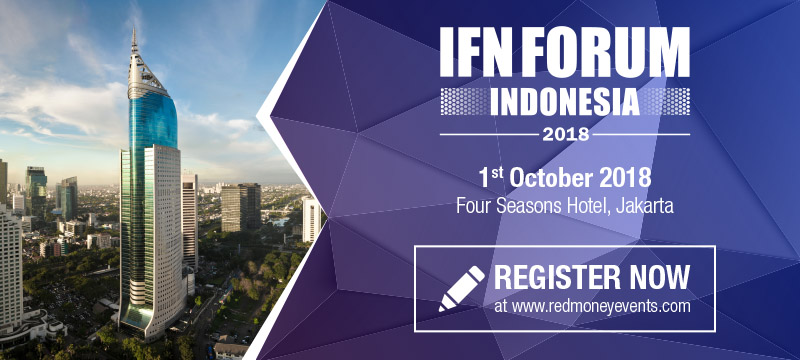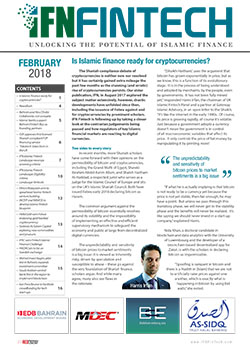THAILAND: The Thai government is about to give the Kingdom's sole Islamic bank a new lease of life in an attempt to save the ailing bank, established to meet the financial needs of Thailand's second-largest religious group.
Lawmakers have formally agreed to revise the Islamic Bank of Thailand (IBank) Act, allowing the finance ministry to raise its stake in the state-owned bank above its previous 49% threshold, paving the way for a THB2 billion (US$62.22 million) injection by the government. The capital investment is pending the announcement of the law revision in the Royal Gazette, according to the Bangkok Post. Currently holding a 48.5% stake, the ministry could raise its shareholding to 99%.
A year ago, the Thai cabinet gave the greenlight to IBank to increase its capital by THB18 billion (US$559.97 million): THB2 billion would be provided by the government budget and the remainder by the Specialized Financial Institutions Development Fund. The capital injection would help improve the bank's negative capital adequacy ratio.
IBank, which has failed to turn a profit in half a decade, was put on a rehabilitation course two years ago to control the worrying high levels of toxic assets on its balance sheet and to lift the bank out from the red. It is expected that the bank would finally buck its negative earnings trend this year.
A key part of the strategy, apart from offloading THB50 billion (US$1.56 billion)-worth of non-performing financing to Islamic Bank Asset Management Co, an entity set up to facilitate IBank's recovery, is to onboard new partners who will bring fresh investment and resources to turn around the bank – a task the Shariah bank has yet to succeed at.
Multiple negotiations, including with foreign entities, have fallen through the cracks, including most recently, with three interested parties as the pricing cannot be agreed upon; it has been rumored that one of the richest men in Thailand, lawyer-turned-investor Wichai Thongtang, is one of the few interested in IBank.
IBank recently reconstituted its board of directors; come the 1st September, Acting President and Acting Manager Pornlert Lothanan will replace Chaiwat Utaiwan as the board chairman. |
VMMEA's debut Sukuk: The return of pre-IPO paper
The issuance of exchangeable Sukuk ahead of an IPO is perhaps uncommon in the global Islamic finance industry. Earlier in May, the market for this type of Sukuk was boosted by the Middle East unit of an international conglomerate. Speaking to Dentons, the legal advisor to Virgin Mobile Middle East and Africa (VMMEA)'s pre-IPO exchangeable Islamic paper, DURGAHYENI MOHGANA SELVAM brings you an exclusive account of the deal. |
Dealing with distressed private real estate funds in Saudi Arabia
Investors in Saudi Arabian private real estate investment funds, most of which are Shariah compliant and established pursuant to the rules and regulations of the Saudi Arabian Capital Market Authority (CMA), at times are challenged by adverse market conditions which render the completion of such funds' investment objectives a considerable challenge. In such situations, unitholders are finding themselves locked up in funds managed by fund managers who are quite often unable to liquidate the fund and recover unitholders' contributions in a timely manner. |















No comments:
Post a Comment
Note: Only a member of this blog may post a comment.